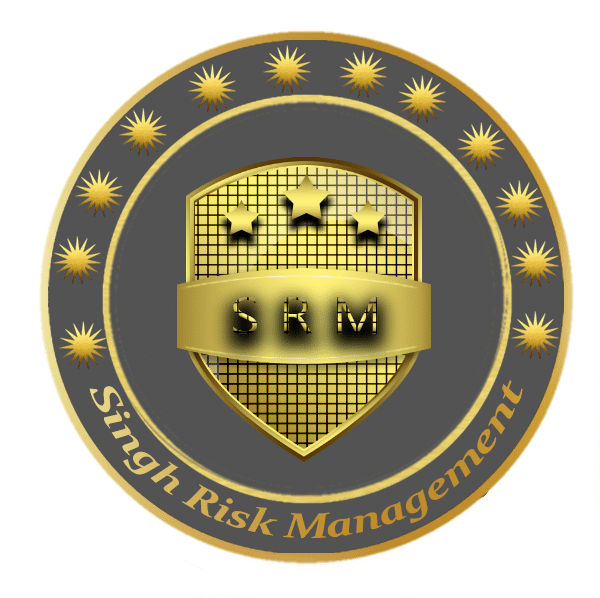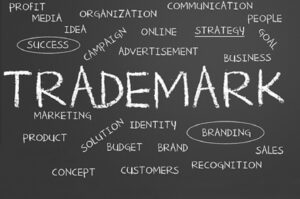Third Party Inspections
- Quick Response
- Easy Registration Process
- Free Documentation Review
Third Party Inspections: Ensuring Quality, Compliance, and Reliability
Third Party Inspections
In today’s globalized marketplace, businesses face increasing pressure to ensure their products, services, and operations meet the highest standards of quality and safety. Third-party inspections provide a valuable solution, offering an impartial and expert assessment of your processes, products, or facilities. Whether you are seeking compliance with industry standards, quality assurance, or risk mitigation, third-party inspections are an essential tool for success.
What is Third Party
A third-party inspection is an unbiased evaluation conducted by an independent organization or inspection agency that is not connected to the manufacturer, seller, or buyer of the product or service being evaluated. These inspections are typically performed to verify compliance with local and international standards, regulations, and contractual agreements. The third party ensures that all processes, products, or services are examined from an impartial perspective, ensuring transparency and reliability.
Key Areas of Third Party Inspections
Quality Assurance and Control
One of the primary reasons for third-party inspections is to verify that products meet required quality standards. Inspectors assess everything from raw materials to finished goods to ensure they meet client specifications, safety standards, and regulatory requirements. This provides companies and customers with confidence that they are receiving high-quality products.Compliance with Industry Standards
Many industries require strict compliance with local and international regulations. Third-party inspectors are experts in these industry standards, such as ISO certifications, safety codes, and environmental regulations. They ensure that your business adheres to these standards, helping to avoid penalties and improve credibility with regulators.Supply Chain and Vendor Audits
When working with suppliers or vendors, it’s crucial to ensure they are delivering products that meet your standards. Third-party inspections help verify that your suppliers are following proper procedures, adhering to contractual obligations, and maintaining quality standards. These inspections can prevent costly issues such as substandard products or missed delivery deadlines.Health, Safety, and Environmental Inspections
Ensuring the health and safety of employees, customers, and the surrounding environment is critical for businesses in industries such as manufacturing, construction, and energy. Third-party inspectors perform thorough assessments to identify potential hazards, safety violations, and environmental risks, recommending necessary improvements to prevent accidents and ensure legal compliance.Product Testing and Certification
For many products, independent testing and certification are required to demonstrate compliance with safety or performance standards. Third-party inspections provide expert testing services, which may include laboratory testing, performance evaluations, and other essential procedures. These inspections help ensure that products meet regulatory requirements and are safe for consumers.Pre-Shipment Inspections
Before goods are shipped, third-party inspections can verify that the products meet contractual specifications, quality standards, and packaging requirements. This ensures that only products that meet the agreed-upon standards are sent to customers, reducing the risk of returns and customer dissatisfaction.
Why Choose Third Party Inspections?
Unbiased and Objective Results
Third-party inspections offer an unbiased, objective evaluation. Since third-party inspectors are independent, they can provide an honest assessment without any conflicts of interest. This transparency helps businesses make informed decisions based on accurate data.Mitigate Risks
Third-party inspections help identify potential issues or risks early in the production, shipment, or construction process. By identifying and addressing problems before they escalate, businesses can avoid costly delays, product recalls, or legal penalties.Improve Compliance and Reputation
Demonstrating compliance with international standards, industry regulations, and safety requirements boosts a company’s reputation. Third-party inspection reports can be used to show stakeholders, clients, and regulators that your business adheres to high standards of quality and safety.Increase Efficiency and Reduce Costs
By identifying inefficiencies or non-compliant practices in production or processes, third-party inspections can help businesses streamline operations and reduce waste. This can lead to cost savings, improved product quality, and increased customer satisfaction.Access Expert Knowledge
Third-party inspection agencies have specialized expertise in various industries, from manufacturing and construction to health and safety. They bring invaluable knowledge of the latest regulations, standards, and best practices to help ensure your business is always up-to-date and in compliance.
The Third-Party Inspection Process
Initial Consultation and Assessment
The process begins with a detailed consultation to understand your needs and objectives. The inspection agency works closely with you to define the scope, goals, and requirements for the inspection.Inspection Planning
The third-party inspection team develops a customized inspection plan based on your specific industry, product type, and regulatory needs. This plan outlines the steps, tools, and methods used to conduct the inspection.On-Site Evaluation
Inspectors visit your facility, production line, or shipment location to assess your processes, materials, and products. They conduct visual inspections, tests, and assessments as required to evaluate quality, safety, and compliance.Reporting and Analysis
After completing the inspection, the third-party team compiles a detailed report that highlights the findings. This includes an analysis of compliance with standards, identification of any issues, and recommendations for improvement.Follow-Up and Continuous Monitoring
Many inspection agencies offer follow-up services to ensure that corrective actions are taken based on the inspection findings. Additionally, businesses can opt for ongoing monitoring to maintain continuous compliance and quality assurance.
Why Your Business Needs Third Party Inspections
Whether you’re a manufacturer, a construction company, a retailer, or any business that deals with products, materials, or processes that must meet specific standards, third-party inspections provide the peace of mind that comes with knowing your operations are up to par. They can help you:
Ensure product quality and safety
Comply with industry regulations and certifications
Prevent costly mistakes and avoidable delays
Improve operational efficiency
Protect your brand reputation and customer trust
Conclusion
Third-party inspections are a critical component of ensuring quality, compliance, and safety in your business operations. With an impartial evaluation of your processes, products, and facilities, you can confidently move forward with the knowledge that you are meeting industry standards and exceeding customer expectations. Whether you need product testing, compliance verification, or risk assessment, partnering with a reliable third-party inspection agency can significantly contribute to the long-term success of your business.
Blog Post
Scalable solutions tailored to your business size and industry
Why Trademark Registration is Essential for Your Business
The Role and Importance of Corporate Investigation Services
Understanding the Process
GET IN TOUCH
Have questions or need a confidential consultation? Our team is ready to assist you with personalized risk management solutions. Whether it’s a private matter or a corporate concern, we’re just a message away. Reach out now for trusted advice, timely support, and absolute discretion.








